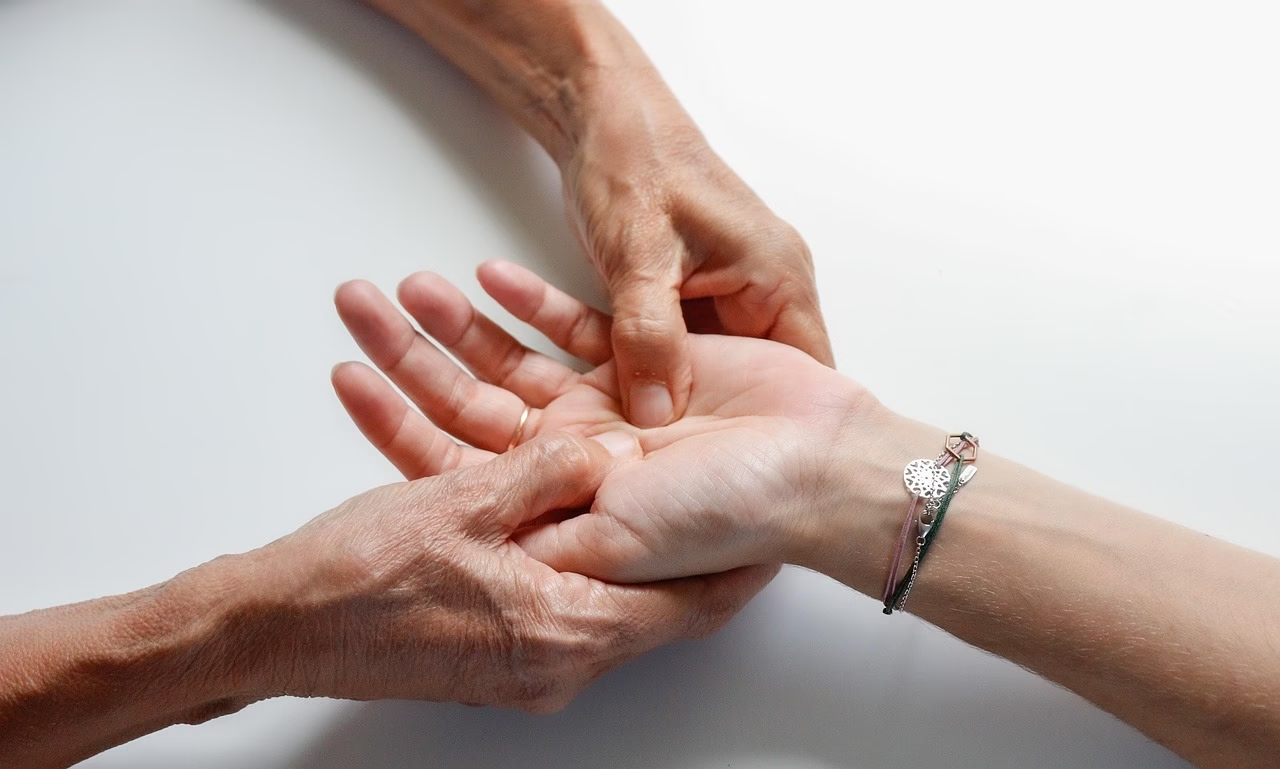“Climate-Adaptive Wellness: Innovations for Health in a Warm
June 24, 2025 | by Rachel Bloom

Climate-Adaptive Wellness: Innovations for Health in a Warming World
As someone who has spent decades weaving together the threads of holistic wellness, mental health, and medical science, I’ve witnessed how our environment quietly shapes our well-being. Today, more than ever, the conversation around health is deeply intertwined with the climate. As the world warms, the landscape of self-care and prevention is shifting beneath our feet—sometimes gently, sometimes with urgency.
A warming planet isn’t just a challenge for ecosystems—it’s a call for us to nurture resilience within ourselves and our communities. Climate-adaptive wellness is a creative, compassionate response to this call.
From Awareness to Adaptation: Recognizing the Shifts
The realities of climate change are no longer abstract. They come as record-breaking heatwaves, shifting allergy seasons, wildfire smoke, water shortages, and novel disease patterns. Yet in every challenge lies an opportunity for adaptation. Our health habits, homes, neighborhoods, and technologies are being reimagined with climate resilience in mind.
In my own practice, I’ve seen parents concerned about air quality for their children, elders struggling with extreme heat, and those with chronic illness wondering how to maintain routines amid environmental unpredictability. Responding to these needs means embracing innovative solutions—deliberate, researched, and rooted in empathy.
Innovations Guiding the Way Forward
Let’s explore some of the most impactful, accessible advancements changing the face of wellness in a warming world.
Intelligent Indoor Environments
With more days spent indoors—seeking refuge from heat or pollution—our living spaces matter more than ever. Smart air purifiers now not only filter allergens and particulates, but are connected to real-time air quality apps, adjusting automatically. Green walls and indoor gardens aren’t just aesthetic; studies show plants can buffer indoor toxins and bring a sense of calm, especially for those battling “eco-anxiety.”
Personal Cooling and Hydration Tech
Innovations in wearable tech have given us USB-powered cooling vests, compact personal fans, and hydration reminder devices. For vulnerable groups—older adults, young children, those with cardiac or respiratory conditions—these tools provide a layer of protection and peace of mind. Likewise, portable water purifiers ensure access to drinkable water even in drought-prone regions.
Nature-Based Community Wellness
As cities heat up, “urban forest bathing” programs are cropping up in parks worldwide, supporting mental health and social connectivity. Community cooling centers, shaded bus stops with misting systems, and rooftop gardens offer not only refuge from the heat but also spaces for intergenerational healing and education.
Resilient Nutrition
Climate pressures are reshaping our food systems—and in turn, our diets. Embracing locally grown, seasonal produce reduces the climate footprint and harnesses nutrients tailored for current conditions. Plant-forward meals—rich in beans, leafy greens, and heritage grains—offer both resilience and powerful phytochemicals known to protect our cells from heat and oxidative stress.
“Cool Mind”: Mindfulness for Unpredictable Times
The unpredictability of climate change can foster anxiety, grief, and even hopelessness. Evidence-based mindfulness practices, including guided breathwork and eco-meditations, have become essential tools for emotional regulation. Mental health apps are increasingly providing prompts and modules tied directly to coping with climate stress.
Embracing Empathy and Connection
At the heart of climate-adaptive wellness is a spirit of compassion—toward ourselves, our neighbors, and the natural world. Even small acts—checking in on a neighbor on a hot day, planting a tree, sharing healthy meals, or joining community resilience workshops—create ripples of well-being.
Adapting to a changing climate doesn’t mean surrendering to fear or isolation. It means listening deeply, living gently, and fueling the creativity and courage within our communities.
Where Science Meets Soul
The path forward is not about perfection, but about intention—a blend of scientific innovation and soulful adaptation. As we nurture our bodies and minds through climate’s new realities, let’s keep seeking solutions that heal, connect, and empower. In a world that is warming, the true measure of wellness lies in our collective resilience—and our commitment to caring for one another, every step of the way.

RELATED POSTS
View all



